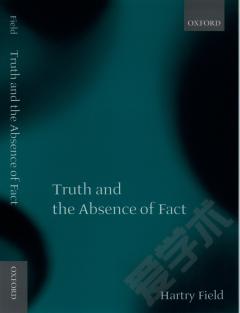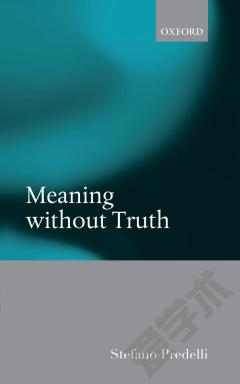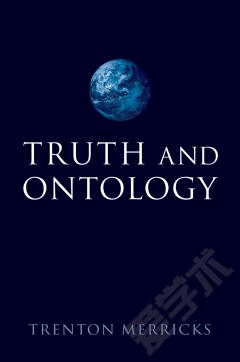On Truth and Meaning
Christopher Norris presents a wide-ranging and distinctively angled perspective most challenging topics in current philosophical debate and explores a range of issues in epistemology, ethics, and philosophy of mind, language, and logic. The book marks a further stage in the author's project of developing a realist, truth-based approach that would point a way beyond the various unresolved dilemmas and dichotomies bequeathed by old-style logical empiricism.In a series of closely argued chapters Norris draws out the two chief kinds of deficit - normative and causal-explanatory - that have characteriswork in the analytic line of descent. He gives a shrewd diagnostic account of the riup between the two traditions of contemporary philosophic thought, one consequence of which was the analytic failure to develop precisely those normative resources thin order to break out of that impasse. The book also engages critically with the work of Donald Davidson, Saul Kripke, John McDowell, Hilary Putnam, Neil Tennant, and Crispin Wright, and mounts a vigorous challenge to the prominent strain of anti-realist thinking developed on logico-semantic and metaphysical grounds by Michael Dummett.
{{comment.content}}








 京公网安备 11010802027623号
京公网安备 11010802027623号